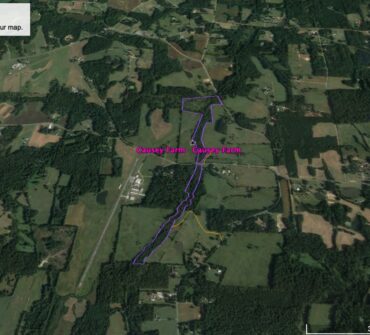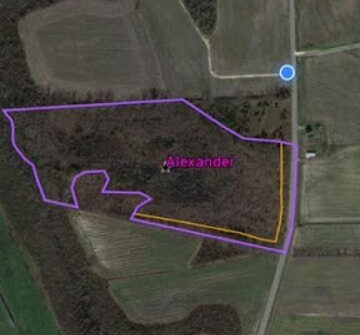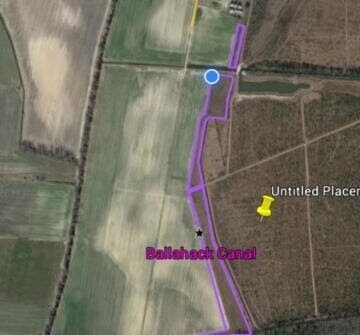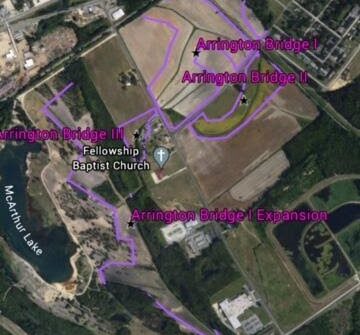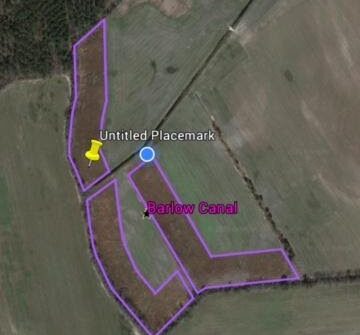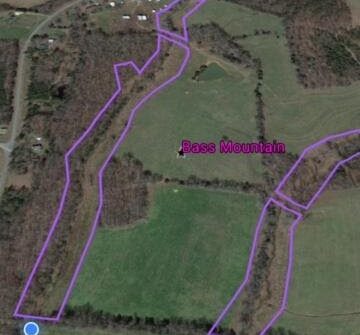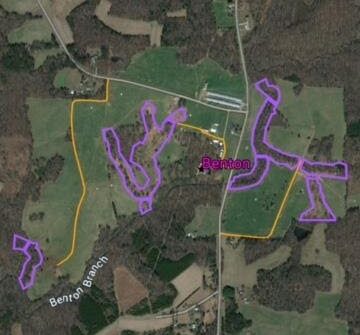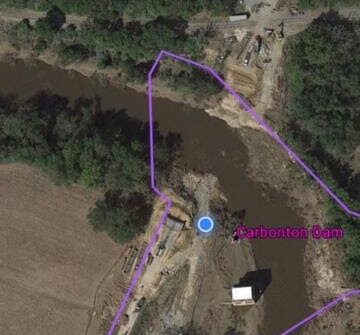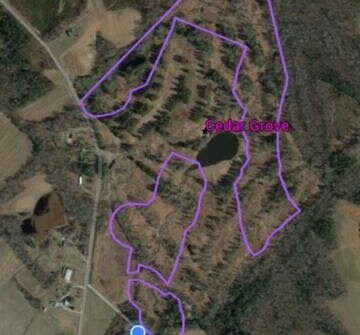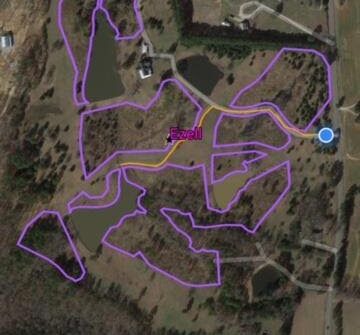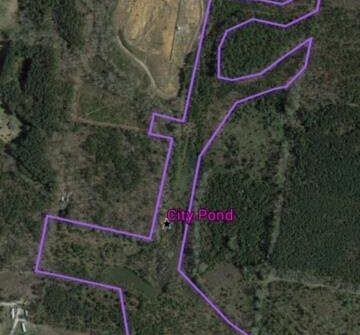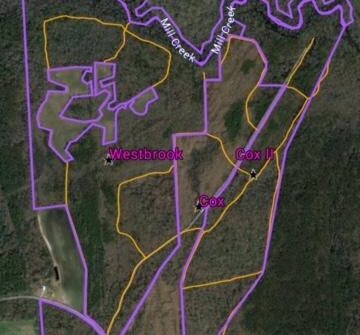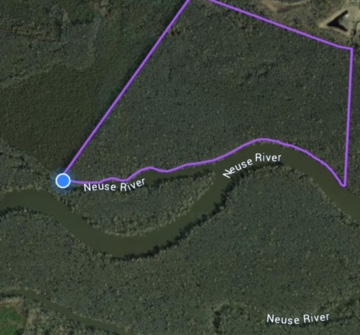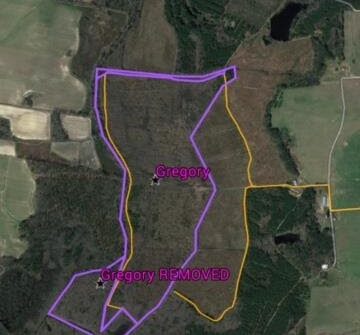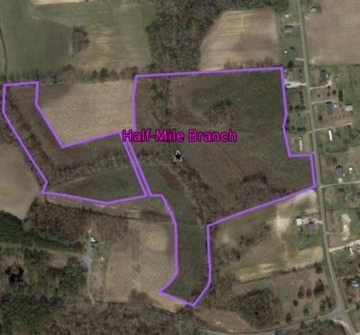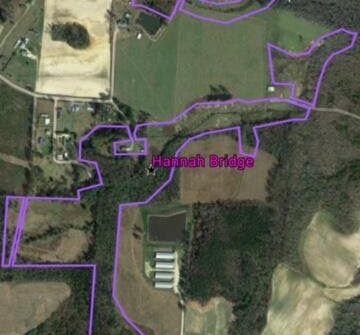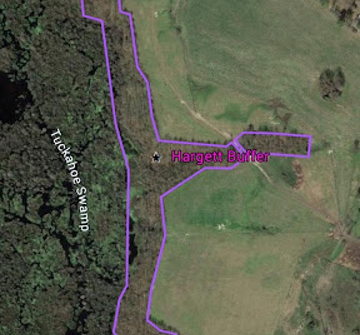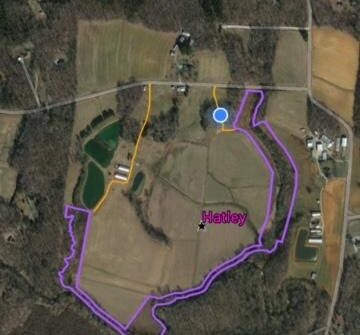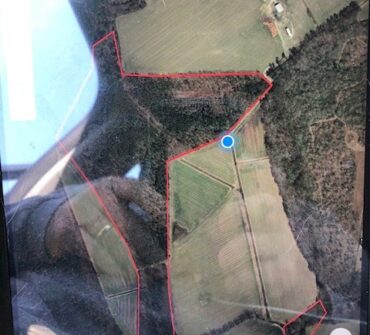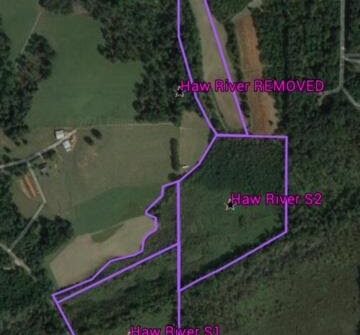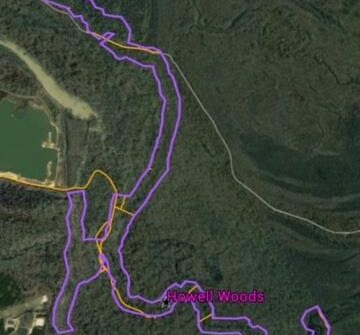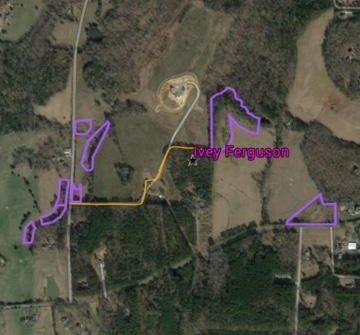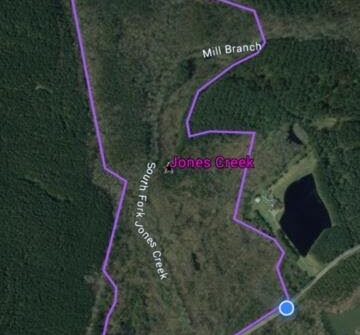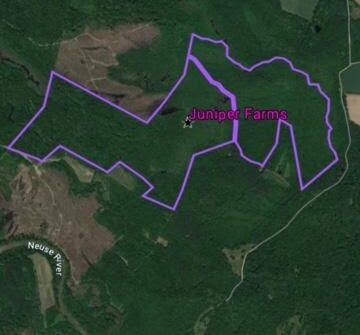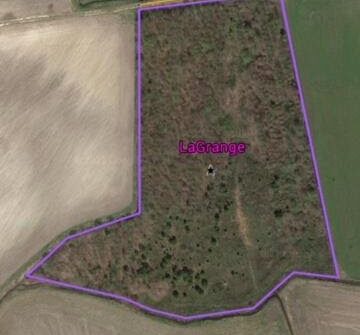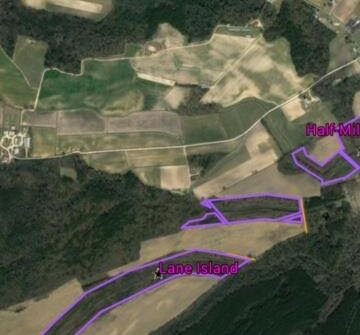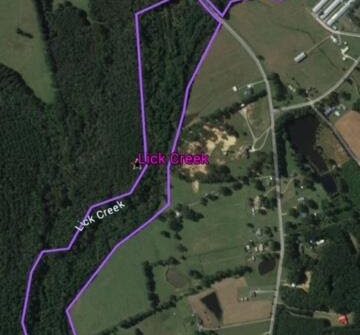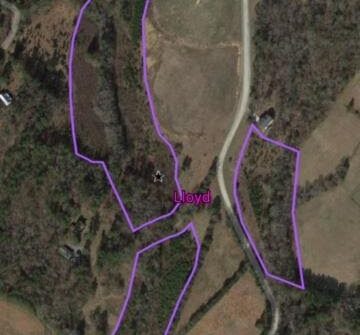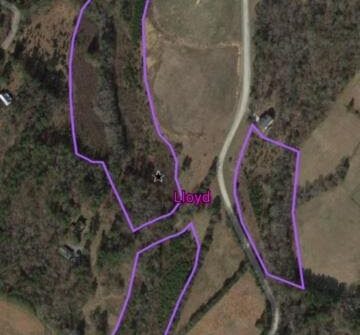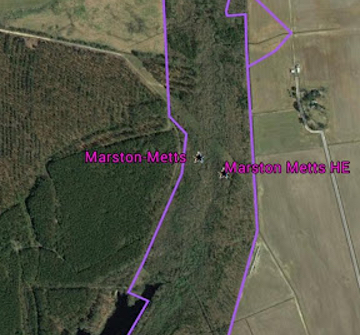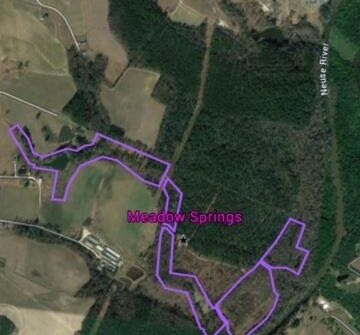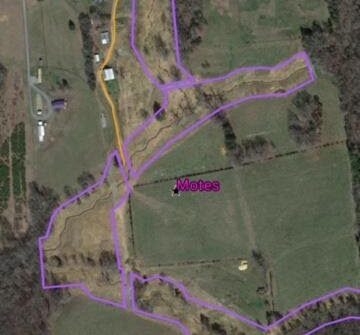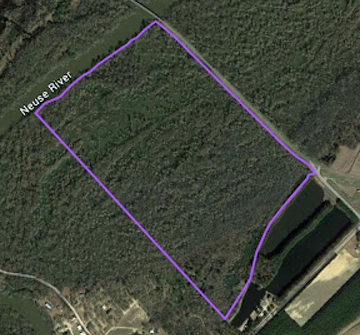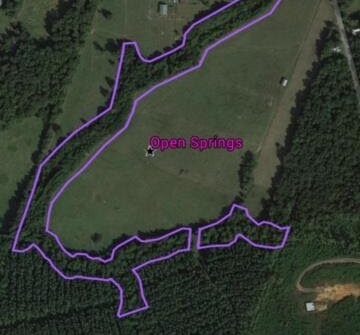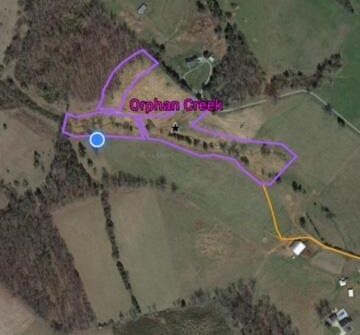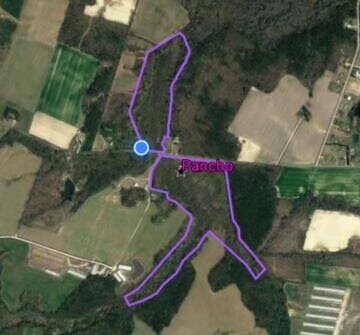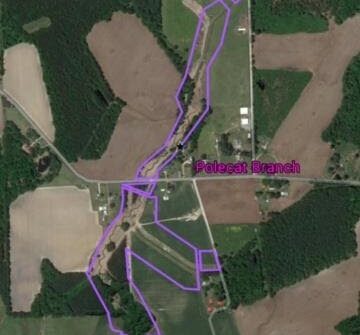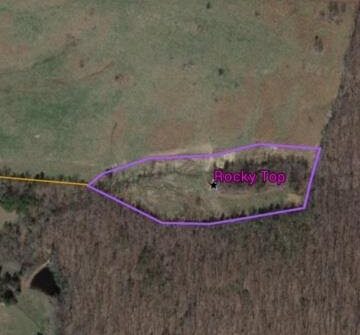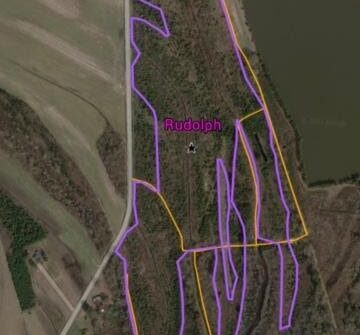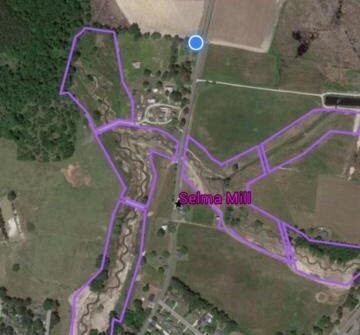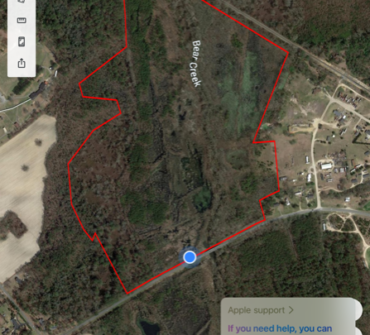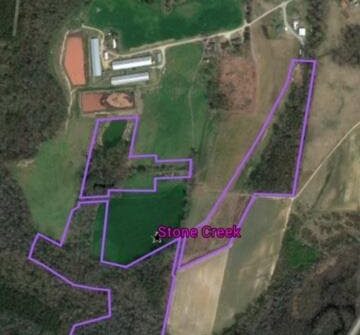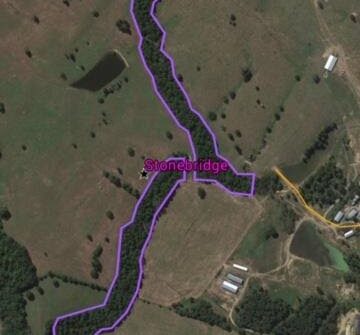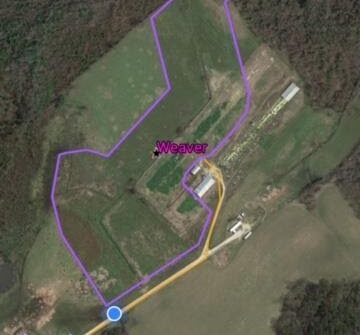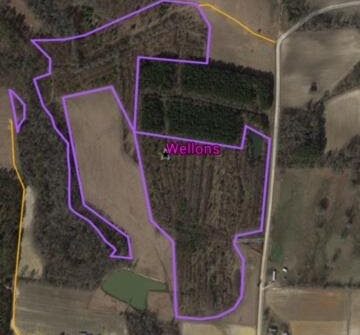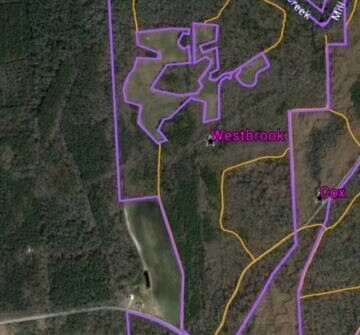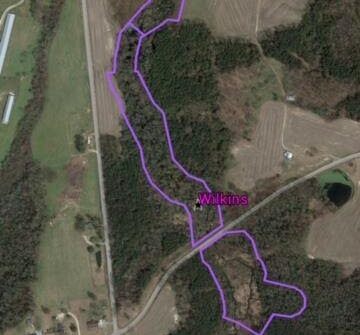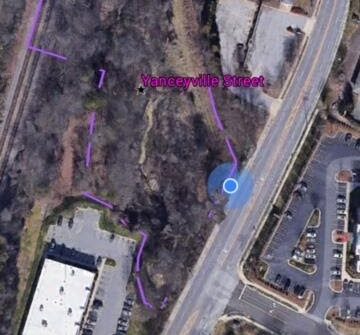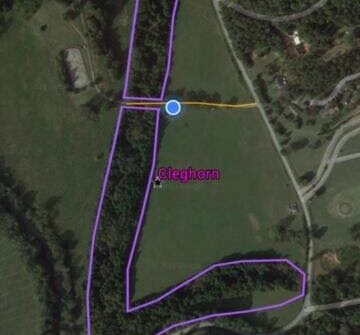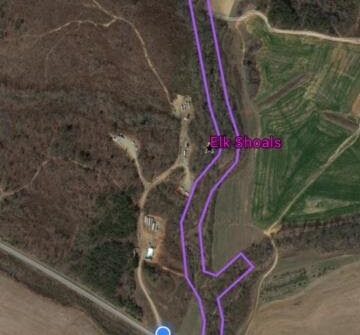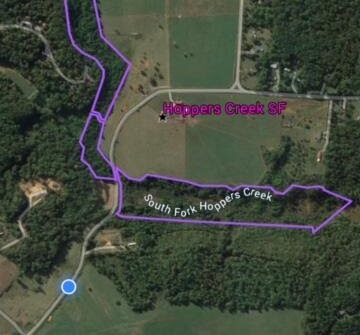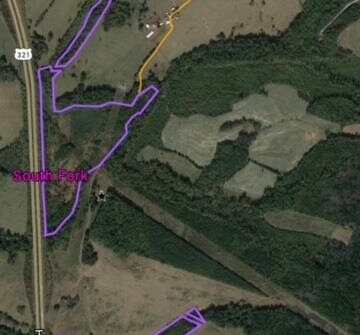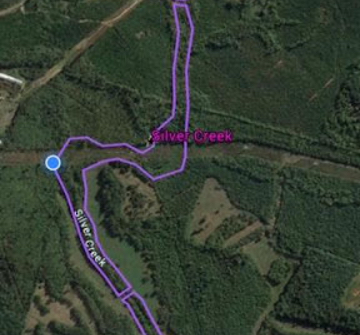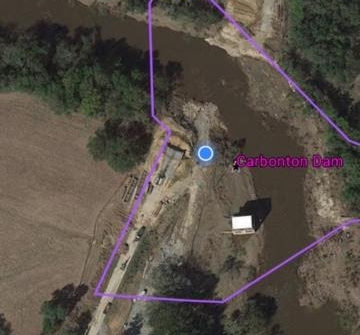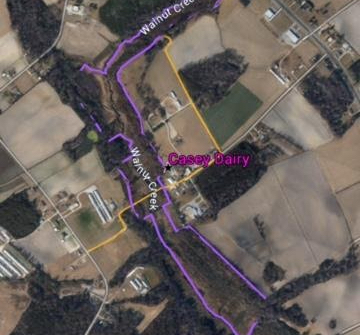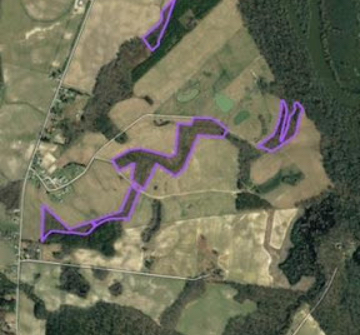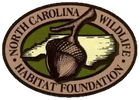Conservation Easements
- Home
- Conservation Easements
A conservation easement is a voluntary legal agreement between a landowner and a land trust or government agency that permanently limits uses of the land in order to protect its conservation values. Landowners retain many of their rights, including the right to own and use the land, sell it and pass it on to their heirs. Conservation easements must provide public benefits, such as water quality, farm and ranch land preservation, scenic views, wildlife habitat, outdoor recreation, education, and historic preservation.
Conservation easements provide a permanent guarantee that the land will not be developed. Conservation easements are also essential for passing land on to the next generation. Conservation easement public benefits include:
- Improving water quality
- Preserving farm and ranch land
- Providing scenic views
- Protecting wildlife habitat
- Enabling outdoor recreation
- Providing an outdoor venue for education
- Historic preservation
The North Carolina Wildlife Habitat Foundation (NCWHF) received its 501 C 3 nonprofit organization status in August 1992. The purpose of the North Carolina Wildlife Habitat Foundation is to assist in the acquisition, management and protection of wildlife habitat within the state of North Carolina and promote conservation education for the benefit of future generations.
The NCWHF consists of a volunteer Board of Directors, an Administrative Assistant, and one paid Operations Director.
The NCWHF maintains a separate endowment fund for conservation easements. This is funded with upfront lump sum contributions at the intake of each conservation easement in which the earnings will support monitoring in perpetuity.
As a Conservation Easement steward, the NCWHF is responsible for ensuring the specific terms of all Conservation Easements are fully honored. The NCWHF conducts site visits to all Conservation Easements to ensure compliance with all legal requirements and restrictions specific to each property.
The NCWHF reviews the site at intake. The site inspector contacts the land owner, and adjacent landowners as required, approximately two weeks prior to conducting a site visit. The site inspector follows a Standard Operating Procedure. The NCWHF maintains all reports in a data base.
The NCWHF reviews the contractual obligations on new Conservation Easements. The NCWHF monitors and reports on encroachments pertaining to all Conservation Easements. In the event of a Conservation Easement Violation, the NCWHF will first notify the land owner to correct any
identified encroachments. Most cases are addressed and resolved following a notification, as land owners generally do not want to violate the Conservation Easement terms.
The NCWHF maintains a separate legal defense fund to pay for the legal expenses if necessary. In the event it is not possible for a land owner to bring the site back into compliance, the NCWHF notifies state and federal regulatory agencies of the breach and then may use the legal defense fund to seek enforcement of the Conservation Easement terms in the courts.
The U.S. Army Corps of Engineers
The North Carolina Department of Environmental Quality
The NCWHF and affiliated sponsors do not have any employees affiliated with the mitigation banks.
Contact our Operations Director for current information about our Conservation Easements throughout the State of North Carolina.
